The dark secrets of Switzerland’s largest gold refinery
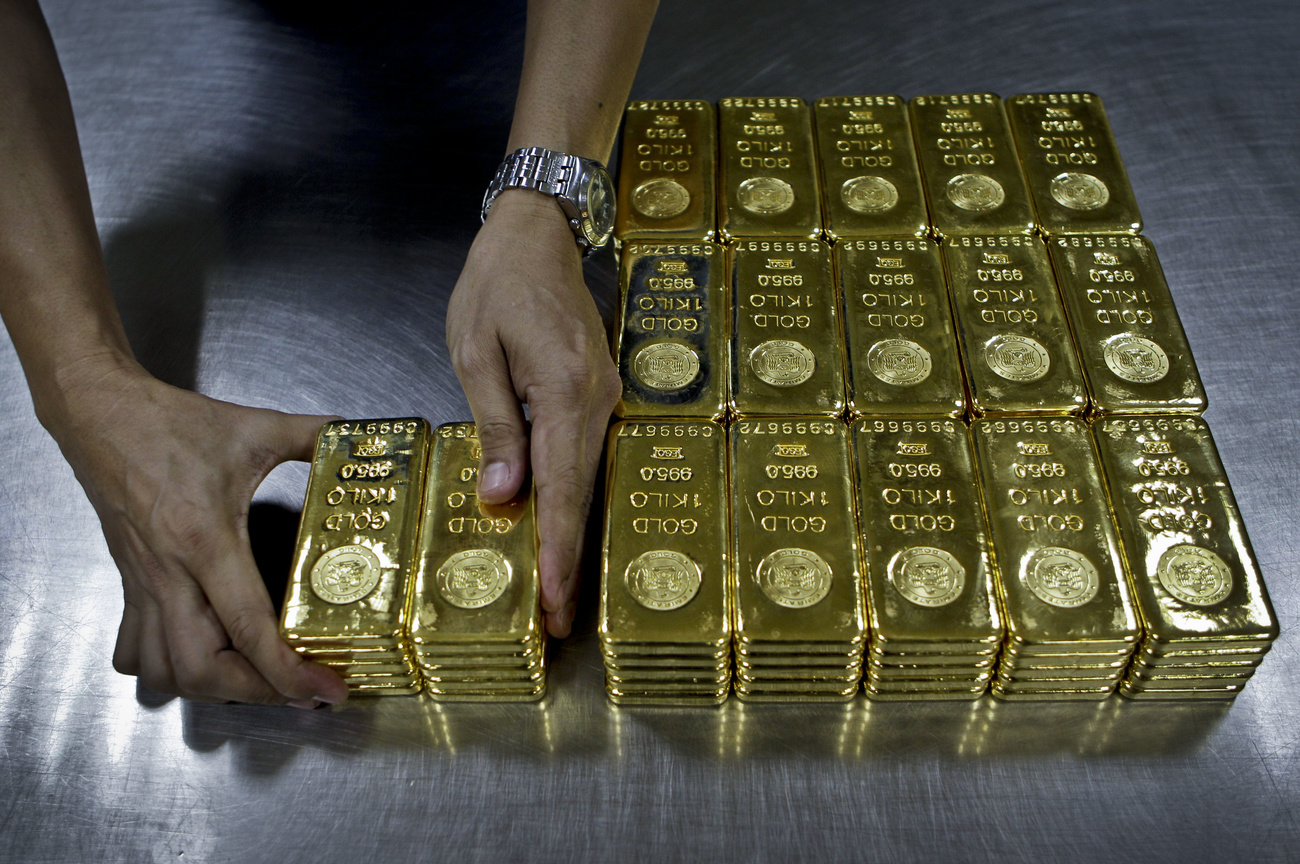
Swiss precious metal refiner Valcambi continued to import gold from precious metal dealer and refiner Kaloti after 2019, according to an investigation by Swiss public broadcaster RTS. The Dubai-based company has been accused of money laundering and trading in gold from conflict areas.
On December 3, 2020, the Central Office for Precious Metals Control conducted an on-site inspection at the Valcambi plant in canton Ticino. There it discovered gold of suspect provenance, which had come directly from a refinery in Dubai called MTM (MTM-O Gold Refinery) belonging to the Kaloti group.
These names may be unfamiliar to the public at large, but in the world of precious metals, Kaloti and its MTM plant are synonymous with dirty gold. The company has been embroiled in allegations of drug money laundering and the marketing of gold from conflict zones in Sudan.
Confidential document
In a confidential letter from the Swiss authorities, obtained by RTS and the NZZ am Sonntag newspaper, the Central Office for Precious Metals Control warned Valcambi’s management about its high-risk practices: “Our investigations focused (…) on the gold bullion purchased from Trust One Financial Services. The gold was shipped directly from the MTM refinery in Dubai. In the media, this company has been linked with money laundering and terrorist financing.”
The officials expressed their surprise at the Swiss company’s conduct: “Valcambi decided to continue its business relations with MTM despite the very significant risks associated with the gold’s provenance,” the letter noted.
Unmonitored plant
The confidential document also states that Valcambi carried out no inspections or checks on the Dubai plant. The Swiss company limited itself to the information provided by the financial intermediary Trust One.
Despite this discovery, the precious metals control office did not sanction Valcambi, for Swiss law makes no provision for such measures – even when a company is found to have failed in its duty of due diligence.
When contacted, the Federal Department of Finance, which oversees the precious metals control office, explained that “the fact that a potentially sensitive business relationship exists or has existed does not constitute evidence of a criminal offence”.
Crossing a ‘red line’
For Olivier R. Müller, a watchmaking expert and former executive at a gold refinery, the document leaves no room for doubt. “Valcambi has crossed a red line that other Swiss refineries would not dare to cross. Kaloti’s whole supply chain is opaque. This is a huge reputational risk, which could well tarnish the image of other players on the Swiss market.”
Much is at stake because Switzerland is a global gold trading hub. By some estimates, 60 to 70% of the world’s gold passes through the country. This success can be ascribed to the know-how of Swiss refineries, the absence of VAT on gold and the rudimentary legal framework.
+ Valcambi refinery denies sourcing “dirty” gold from Dubai
Money laundering charges
The confidential documents confirm the fears of non-governmental organisations. Marc Ummel of Swissaid is a key figure in the field. His expertise makes him both feared and criticised by the precious metals industry.
“The document in question confirms what we have been denouncing for several years. By sourcing from companies that are very close to Kaloti, Valcambi is taking huge risks and failing to meet the OECD’s due diligence requirements. Kaloti has imported gold from the Sudanese central bank, some of which originates from conflict zones, according to UN experts. Kaloti has also been implicated in money laundering cases,” Ummel explains.
In a 2020 report, Swissaid had already revealed that Valcambi was buying gold from Dubai. Ummel now adds on camera: “One might wonder why a company would import gold from Dubai that has already been refined to 99.5% purity and then melt it down again in a Swiss refinery. A main reason is that the gold from Dubai has not been certified by the London Bullion Market Association (LBMA). This is an international industry standard that is vital in order to sell gold to major banks or watchmakers. By passing through a Swiss refinery, Dubai gold suddenly obtains LBMA certification and goes up in value.”
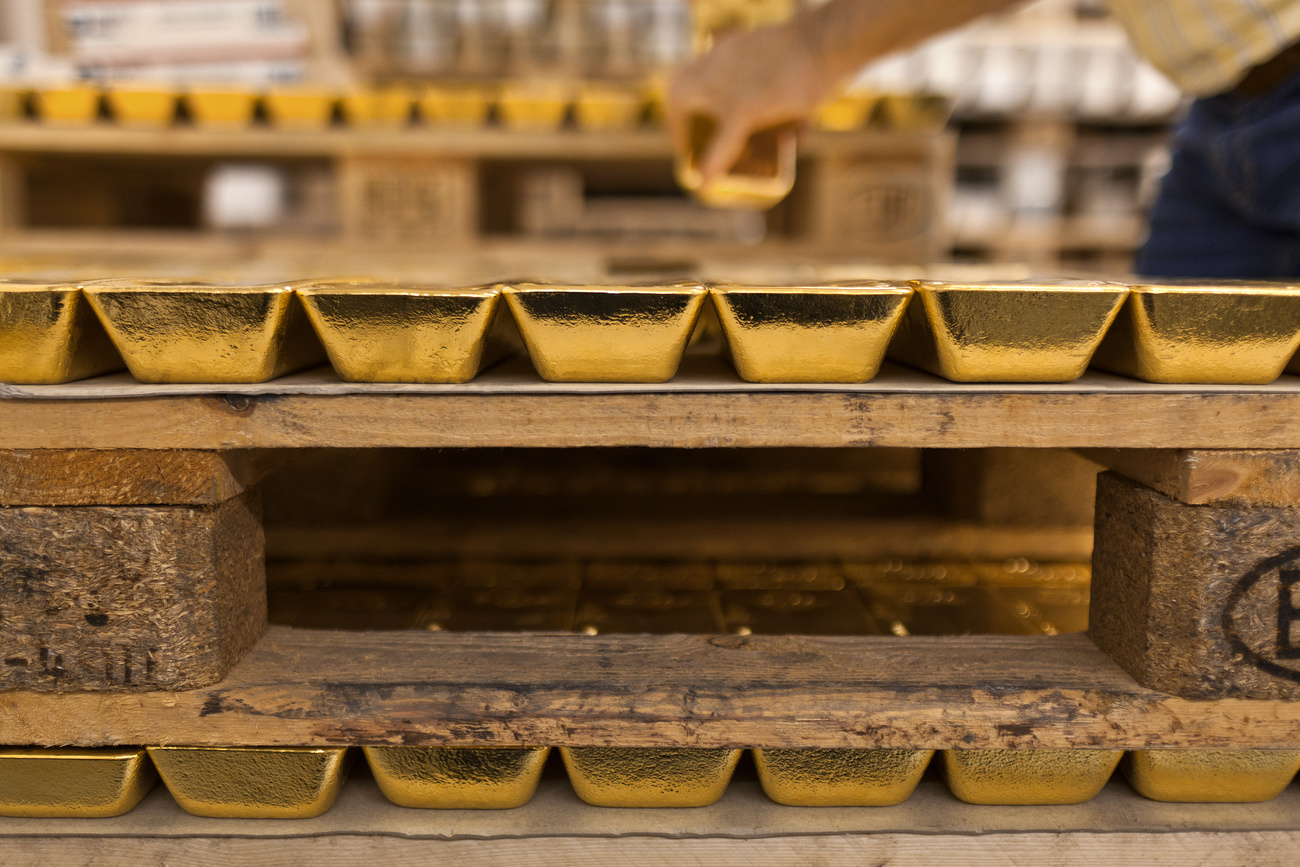
More
NGO fears Dubai gold imports evading Russia sanctions
Certified provenance of the gold
The LBMA certificate guarantees both the purity of the bullion and the responsible provenance of the gold. It must not come from war zones or criminal networks. Thanks to the LBMA label, the seller can market the gold anywhere and gain access to the most finicky buyers, including central banks.
When contacted by RTS, the certifier LBMA replied in writing that the business relationship between Valcambi and Kaloti was not problematic. “We closely monitor the companies we certify and that have business relations in areas identified as at risk. There is currently no problem with buying gold from the United Arab Emirates, as long as it is responsibly sourced.”
So for LBMA, everything is officially above board. Off the record, though, the certifier asked RTS to keep it abreast of any findings from the investigation.
Valcambi takes Swissaid to court
Valcambi declined to answer questions sent jointly by RTS and the NZZ am Sonntag. In 2020, Valcambi had formally contested the Swissaid report.
The Ticino-based company even filed a lawsuit against Swissaid and demanded that it withdraw its report. In a letter, Valcambi invoked the court case against Swissaid to justify its refusal to respond to interview requests. “Valcambi does not wish to comment, because of the ongoing legal proceedings,” the company stated.
In October 2020, Valcambi’s CEO, Michael Mesaric, responded to Swissaid’s criticisms in the daily Le Temps: “We comply with all the rules imposed on us, and we even go further by asking sellers to sign a declaration of compliance. We conduct all the necessary checks to ensure that suspect gold does not enter Valcambi’s value chain, and we strive to constantly improve our practices.”
Gold imports from Dubai
In the Berner Zeitung newspaper in October 2020, Valcambi’s boss further stated: “We have had no business relations with Kaloti for a year (2019).”
This is a surprising assertion, as the confidential documents obtained by RTS show that Kaloti was still delivering gold to Valcambi at that time and even up until December 2020. RTS has no evidence to suggest that this business relationship still exists.
According to Swiss federal statistics, overall gold imports from Dubai to Switzerland have not declined in recent years. The figures show that 120 to 150 tonnes of gold, worth several billion Swiss francs (several billion US dollars), arrive in Switzerland each year. It remains to be seen what impact the latest revelations will have on Valcambi’s clients, which include Apple, Nokia and several major Swiss watchmaking and jewellery groups.

More
Swiss-owned company’s Russian gold trades expose gap in western sanctions
Translated from French by Julia Bassam/ds

In compliance with the JTI standards
More: SWI swissinfo.ch certified by the Journalism Trust Initiative








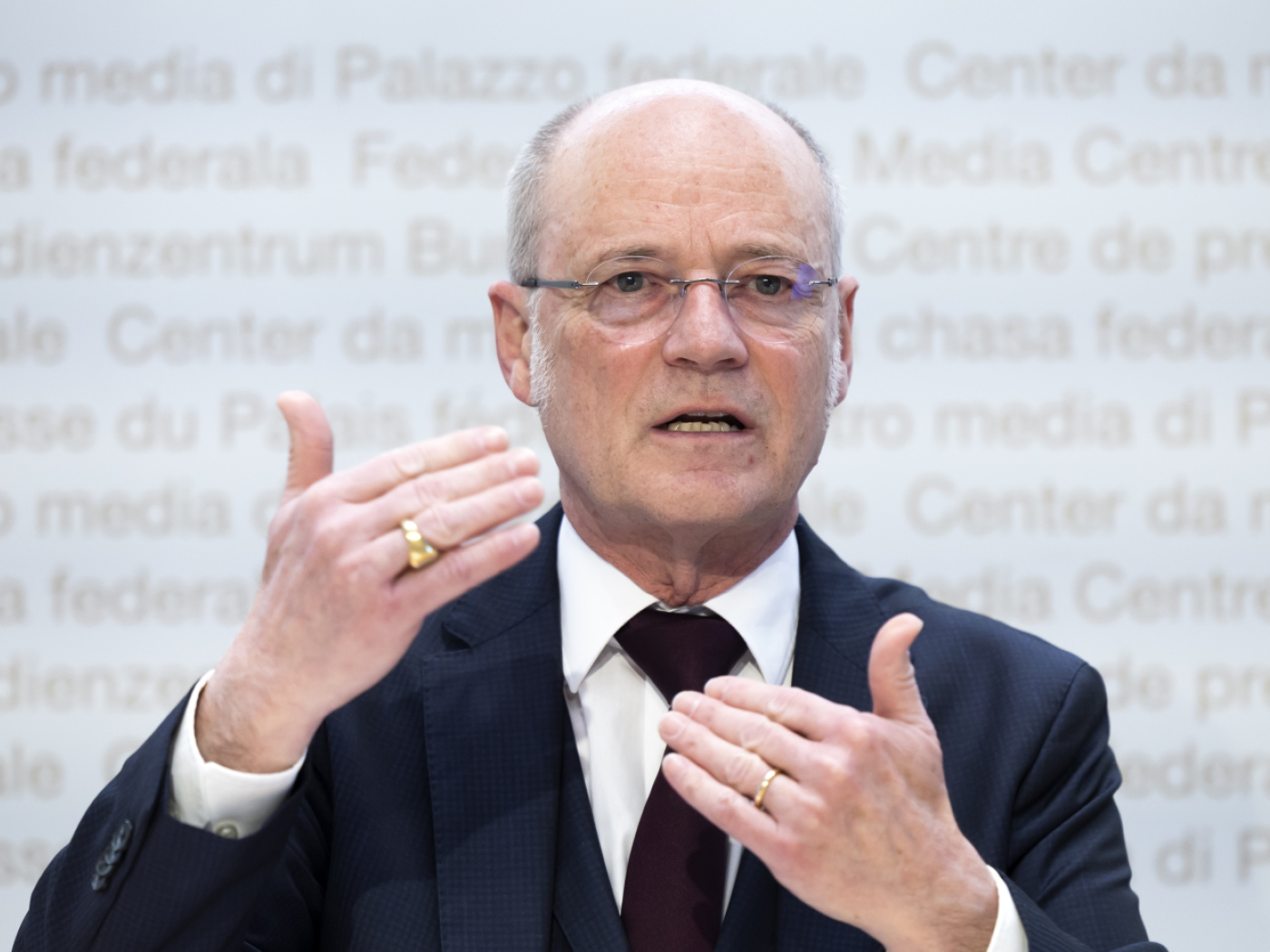


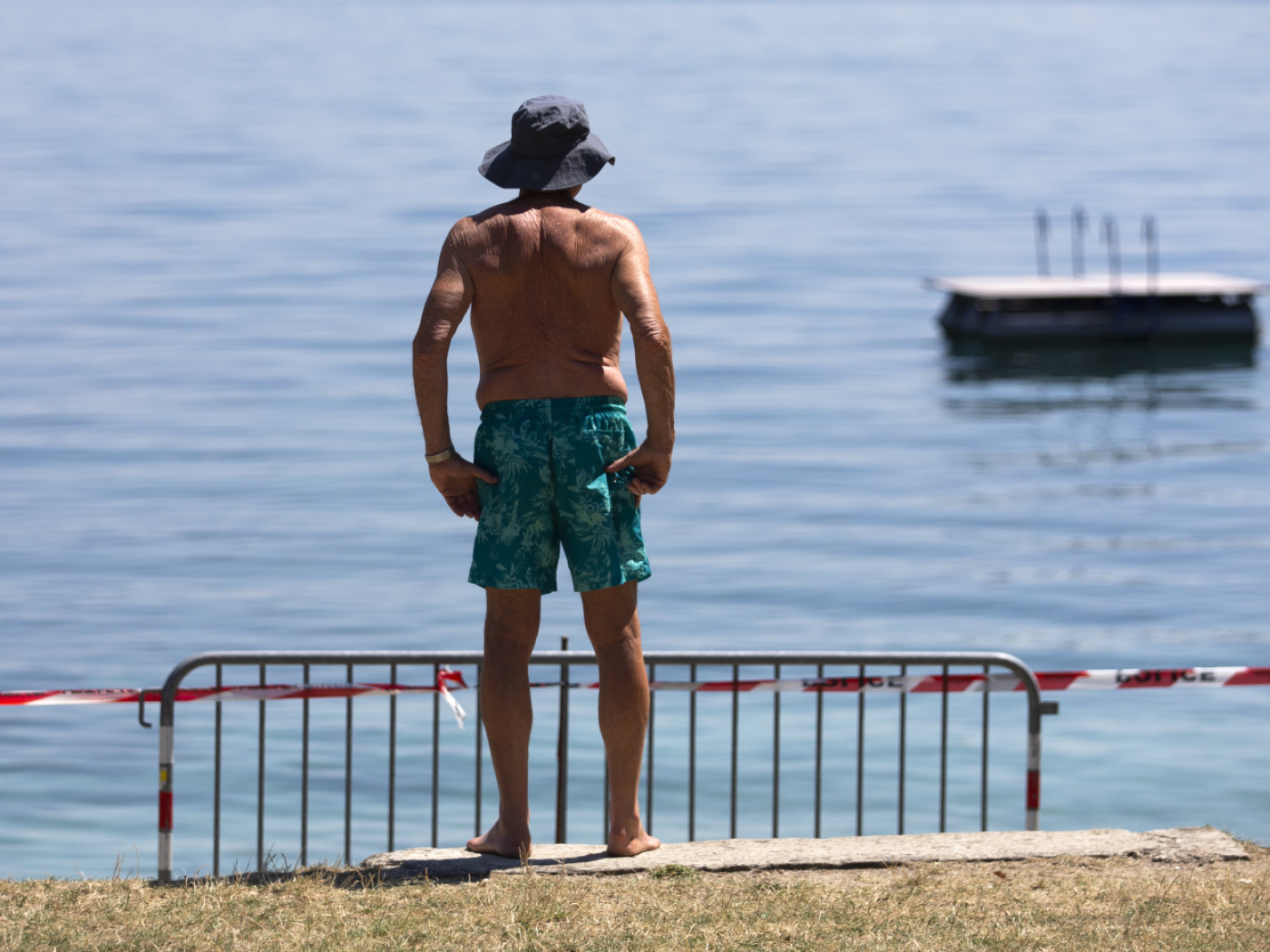





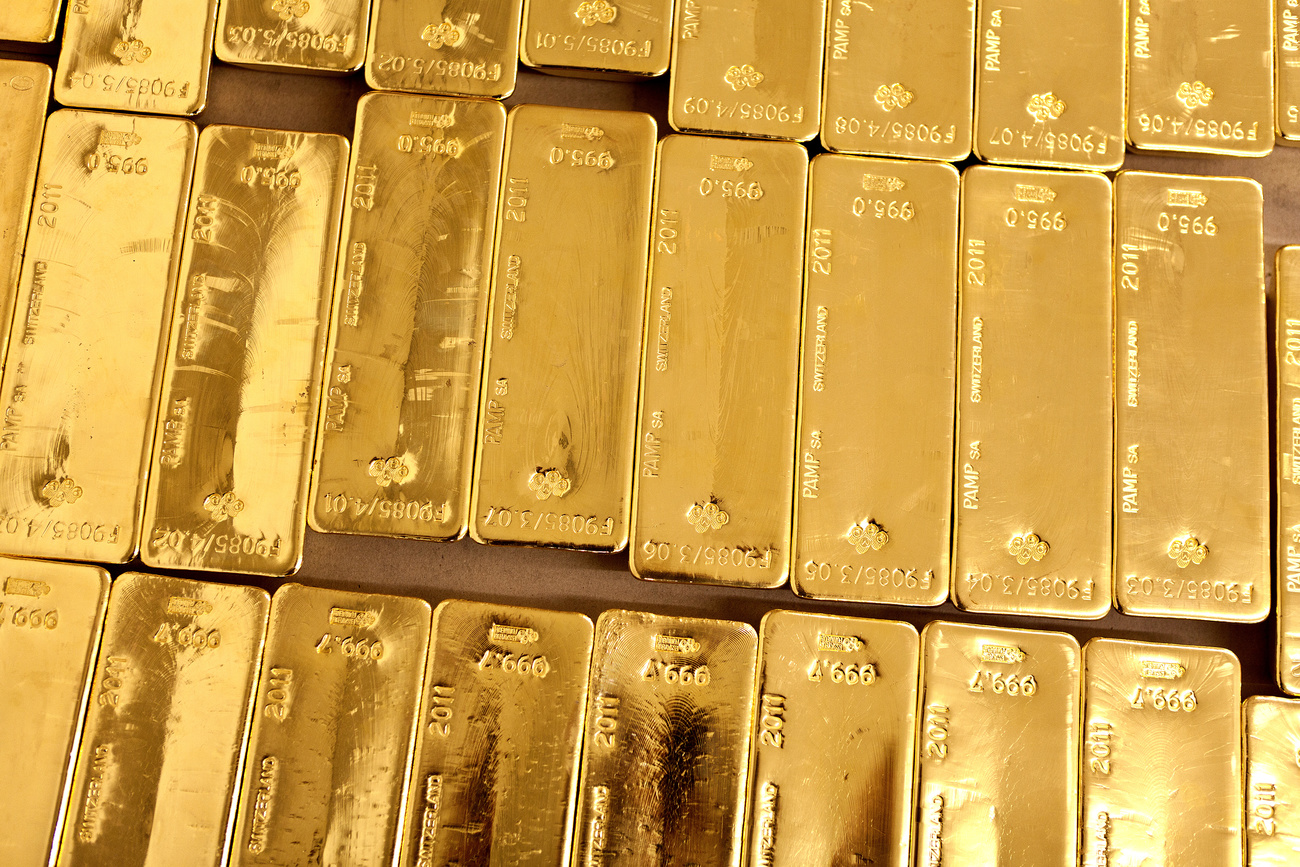

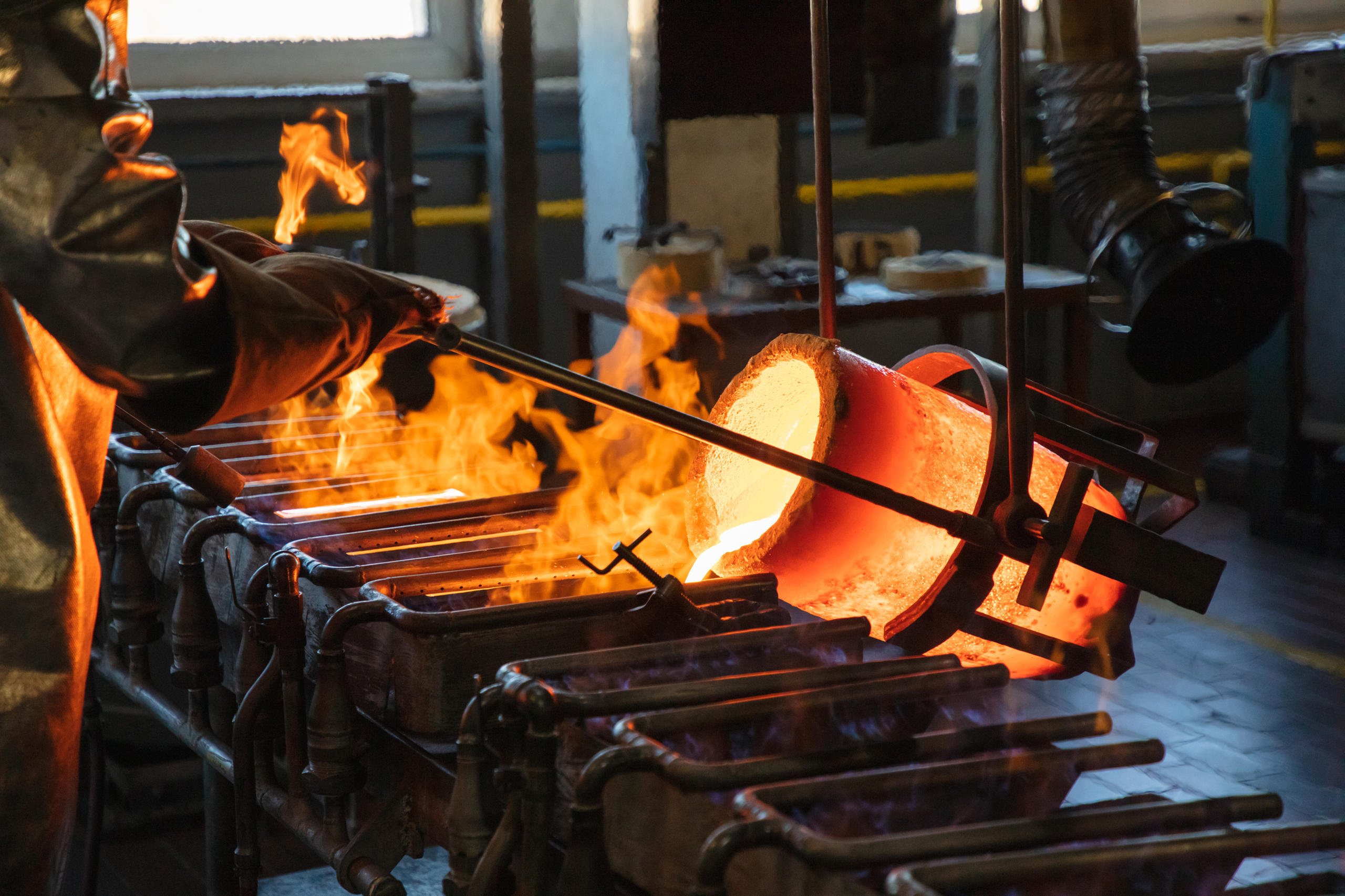
You can find an overview of ongoing debates with our journalists here . Please join us!
If you want to start a conversation about a topic raised in this article or want to report factual errors, email us at english@swissinfo.ch.